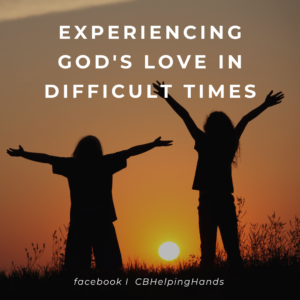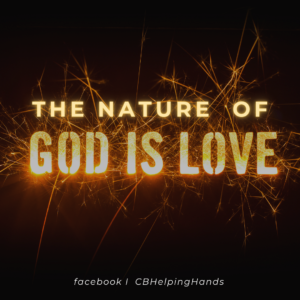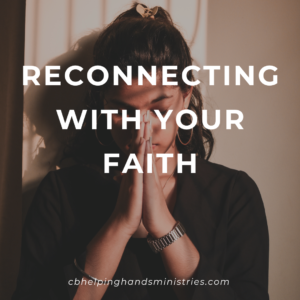Reflections on Exodus 14:10-15

In the gripping narrative of Exodus 14:10-15, we find ourselves amidst a dramatic and pivotal moment in biblical history. The Israelites, freshly liberated from centuries of enslavement in Egypt, suddenly find themselves encircled by adversity. With the Red Sea before them and Pharaoh’s army closing in from behind, fear grips their hearts. Yet, in the midst of panic and despair, God’s power and authority shine through a figure of unwavering faith: Moses.
Moses stands as a testament to the profound impact of trusting in divine power. He seems undeterred by the imminent danger surrounding them. In the face of insurmountable odds, he turns to God, illustrating the essence of faith in moments of crisis. His call for the waters to part is not just a command; it is a declaration of trust in God’s transformational abilities. This act of believing in the impossible unlocks a miraculous change, enabling the Israelites to walk on dry land—an event that echoes through history as a powerful symbol of hope and deliverance.
This passage teaches us that even when we feel trapped, when our circumstances seem insurmountable, and when fear threatens to overwhelm, we have a choice. We can emulate Moses and place our faith in a higher power. The transformational change that occurs when we rely on God is not merely a historical account; it is an active reality that impacts our lives today. As we face our own Red Seas—be it in personal struggles, health challenges, or relational conflicts—this story serves as a reminder that nothing is too vast for God to handle.
Moreover, the authority granted to Moses illustrates a vital truth about faith. When we align ourselves with divine will and embrace a relationship with God, we gain access to the transformative power that can change our lives. Moses’ command did not originate from his own strength but rather from a deep-seated faith in God’s promises. This encourages us to consider the authority we wield when we live in accordance with our beliefs. We are not mere victims of circumstance; we are empowered agents of change.
As we reflect on this extraordinary episode, let us embrace the truth that transformational change is always accessible to those who believe. Trusting in God can open pathways that seemed impossible, parting metaphorical seas in our lives. Just as the Israelites emerged unscathed, we too can find freedom and hope when we lean into our faith and trust in divine intervention.
The story in Exodus 14:10-15 encapsulates the incredible display of God’s power and the authority bestowed upon those who have faith. May we remember that, like Moses, we possess the ability to call upon God in our darkest hours, and in doing so, we open ourselves to the miraculous possibilities that lie ahead. Let’s walk boldly forward on the dry land of our faith, confident in the knowledge that with God, transformational change is always possible.
Apostle Shelia
SBI Ministries
C.B. Helping Hands Ministries
This website is a rich source of valuable insights, and we’re dedicated to maintaining free access for all. If our content has positively influenced your life, please consider making a donation to help us continue providing knowledge at no cost.








